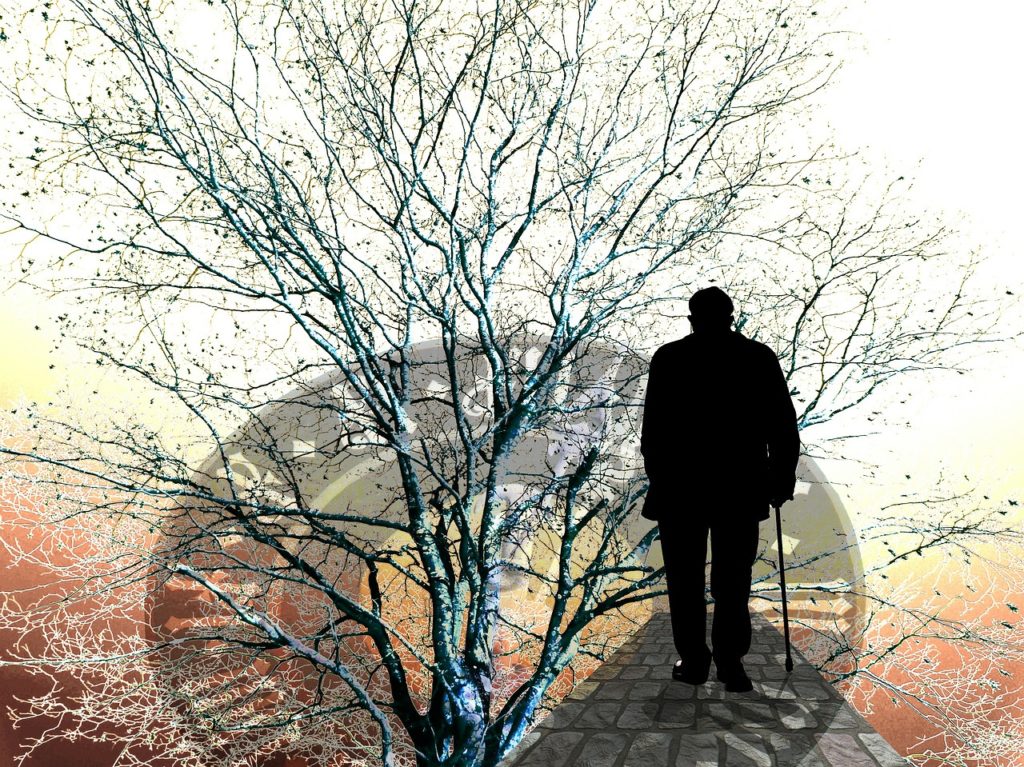Nearly 55% of spouse caregivers for patients at the end-of-life have no additional family support, according to new research, a circumstance likely to spark increased demand for enhanced caregiver support services, non-medical services and home-based palliative care.
Spouses provide the most caregiving for married people living in the home, including in dementia cases, according to the study “More than Half of Spousal Caregivers are Caregiving Alone in the Last Years of Life,” published in the June issue of Health Affairs.
About one-third of spouses receive little or no help from adult children, the study found, with 40% of spouse caregivers seeking paid help. Only 11% receive support from other family or friends.
“Support for caregivers is especially important as we are moving towards providing more care in community and home-based care settings,” lead author Katherine Ornstein, M.D., of the Icahn School of Medicine at Mt. Sinai Medical Center in New York, told Hospice News. “I think hospice and palliative care has always prioritized this, but when we see the Stark reality of what is going on, we can’t just move serious illness care and end-of-life care into the home without thinking about what’s going on there.”
Ornstein emphasized the importance of performing caregiver assessments that identify the family caregiver’s needs, available resources, as well as potential challenges. Among other information, the assessment would indicate not only who is able to provide caregiving, but who is willing.
These assessments should take place not only in hospice and palliative care but in any setting in which older adults receive care, such as geriatrics and oncology, Ornstein told Hospice News.
“We have to stop making the assumption that the availability of family [members] guarantees support for the patient,” Ornstein said. “If we can’t understand what is going on in the home environment then how can we send people home and expect them to be comfortable and safe? We have to focus on the priorities of the patient and family, and this may require a move towards more community-based palliative care services.”
Many spouse caregivers are themselves older, and many are Medicare beneficiaries themselves. These caregivers may have their own chronic or serious condition to contend with as they try to care for their dying spouse.
“There is a ton of evidence really showing that spouses and caregivers in general have experienced negative outcomes due to the challenges of caregiving, such as increased depression and increased hospitalizations, leading to higher health care costs,” Ornstein said. “For the perspective of the payor, we would want to support these individuals who are doing so much work.”



